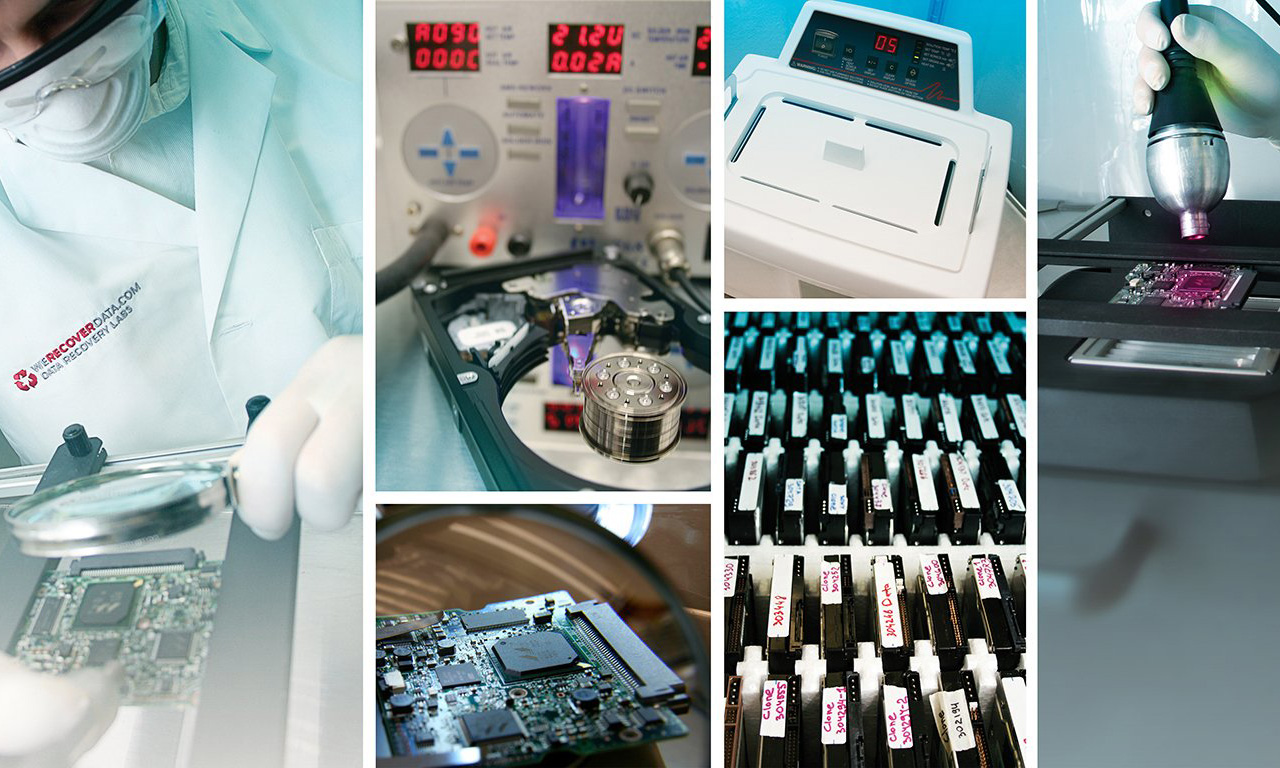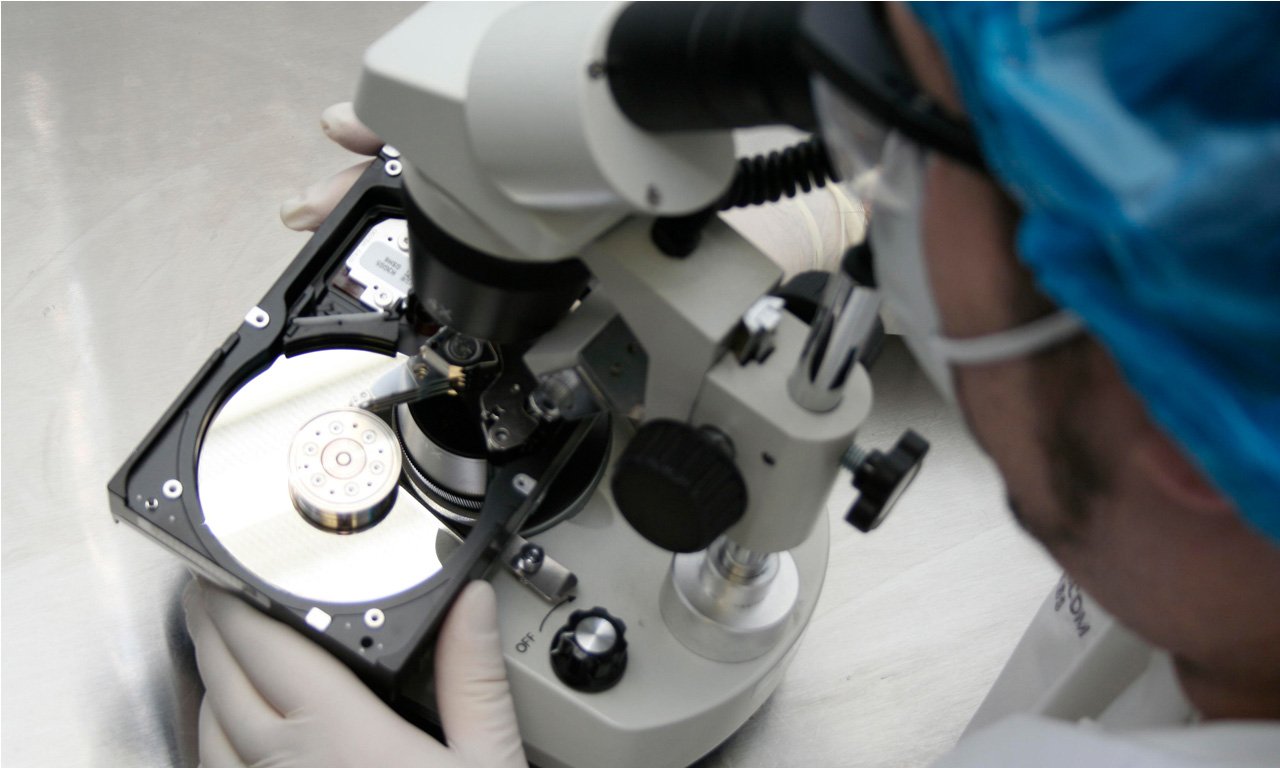Are Cyberattacks on the Rise Because of Coronavirus?
By Matt Brennan
Most people are rightly focused on staying healthy at the moment. They’re doing the things that are necessary to keep safe and prevent themselves from getting sick.
But they may need to shift their focus to a different type of virus protection. The answer to the question “Are cyberattacks on the rise because of coronavirus?” is cause for some added precautions.
Companies are expanding their work from home policies in order to keep employees safe and healthy. That increase in remote work can lead to an increase in cyberattacks, as the hardware becomes more vulnerable. It’s not easy for organizations to provide in-person IT support for remote employees or equipment.
Employees can take steps to be more vigilant about security concerns as remote work may be popular for the foreseeable future.
Are Cyberattacks on the Rise Because of Coronavirus? Yes. But Here’s What You Can Do About It.
Use Caution with Email
Cyber criminals will use any means possible to get you to click on their emails and provide compromising personal information. Two-factor authentication can help ferret out the questionable emails.
Internal email scams can be easier to spot, if you check with the sender before responding. When the person that a hacker is imitating says that they did not send the email, you know that it’s a scam. You’ll certainly want to double-check with the sender before you enter a credit card number or send money.
Make it Harder for Hackers
When hardware devices, including your router, are up to date with virus protection, it makes it harder for criminals to access your accounts. Those pesky updates need to be completed when the notifications arise, in order to protect hardware and software from hackers.
You’ll also want to avoid using Bluetooth in public places. Hackers will be able to see exactly what you are doing.
The Importance of Secure WiFi
When you work on a company-owned device, it’s important to only use WiFi that is secured, and has a password. This is of course, a good rule to follow with personal devices, too. These WiFi connections are safer because it’s harder for criminals to gain access. You can also verify with the owner of the network that you are accessing it correctly.
Avoid accessing any confidential or sensitive information from a public WiFi account, whenever possible. A hacker may be able to access anything that you see on the internet.
Remember that Confidential Information Is Still Confidential
You may be working from a remote location. In some cases, you may be on a personal device, instead of a company-issued device. It’s easy to slip into comfortable working habits. But it is important to remember that confidential company information is still confidential.
Personal email accounts should not be used for company business. Employees need to keep track of what they are printing at home. Some of it may need to be shredded after use. If that’s not an option, it may be better not to print it to begin with.
Report Lost or Stolen Devices
A missing device could put sensitive company information at risk. It’s important that employees report any lost or stolen devices immediately so that the company has time to take any necessary precautions.
The Reality of Remote Work
It’s likely the uptick in remote work will be around for the foreseeable future. But it’s important to remember that the answer to the question “Are cyberattacks on the rise because of coronavirus?” is a resounding yes. Therefore, precautions need to be taken.
With the added convenience and productivity of remote work, comes some enhanced risk. And hackers know that more people are using remote (and therefore less secure) devices. It’s important that employees and employers alike remain vigilant about the security risks with some of the precautions above.




















